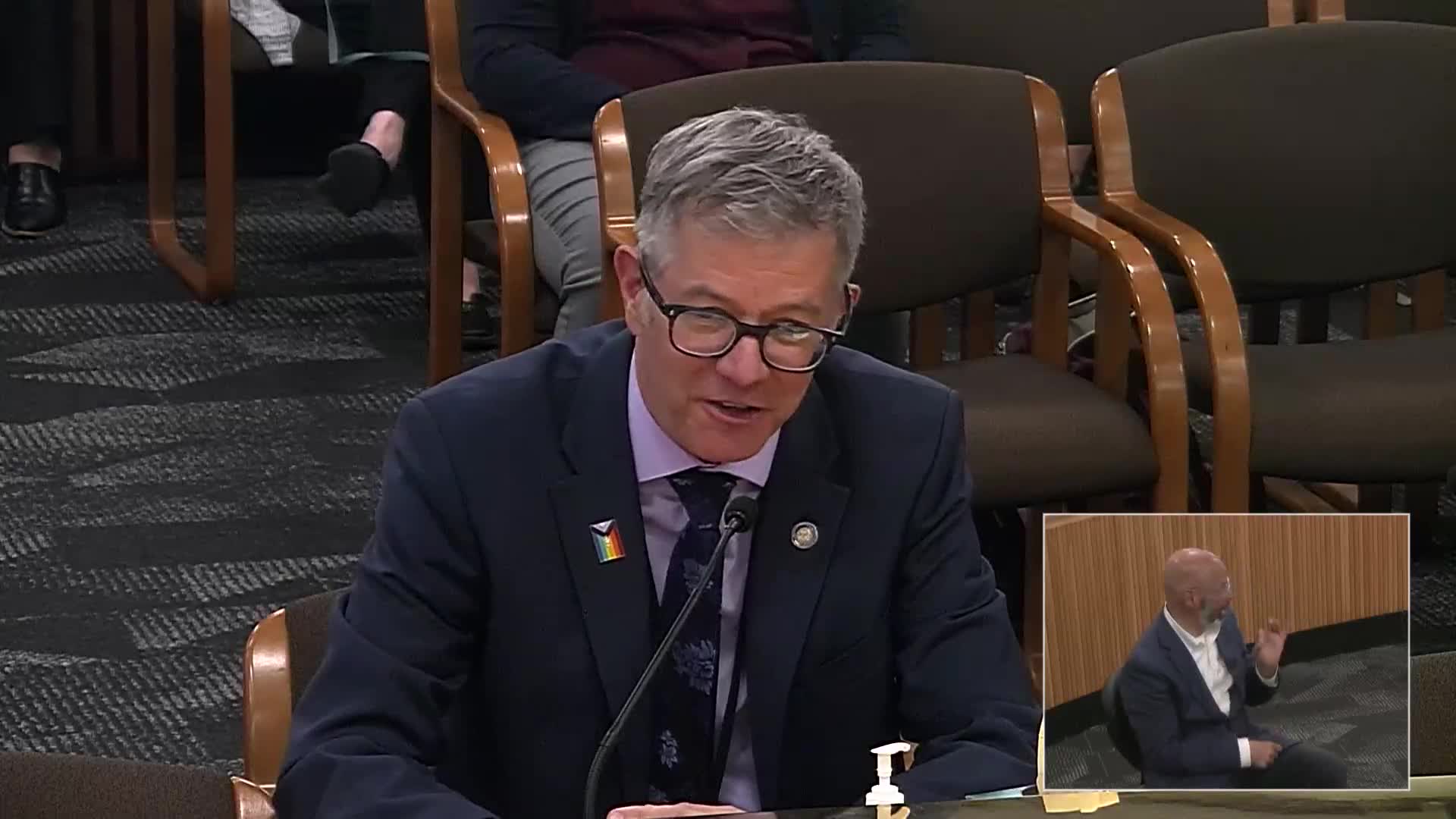Oregon legislators discuss reforms for emergency care and prior authorization processes
May 13, 2025 | Health Care, Senate, Committees, Legislative, Oregon
Thanks to Scribe from Workplace AI , all articles about Oregon are free for you to enjoy throughout 2025!

This article was created by AI using a video recording of the meeting. It summarizes the key points discussed, but for full details and context, please refer to the video of the full meeting. Link to Full Meeting
The session began with a detailed examination of House Bill 2940 A, introduced by Representative Travis Nelson. This bill aims to implement a real-time notification system in emergency departments to identify patients with sickle cell disease and provide immediate access to their individualized care protocols. Nelson emphasized the critical need for this legislation, highlighting the severe pain and complications that sickle cell patients endure during crises. He noted that many emergency departments lack the experience to treat these patients effectively, which can lead to inadequate care and prolonged suffering.
Support for the bill was echoed by representatives from the Hospital Association of Oregon, who described the Emergency Department Information Exchange (EHDI) system as a valuable tool for facilitating communication among healthcare providers. The proposed legislation would enhance this system, ensuring that emergency departments receive timely alerts about sickle cell patients, thereby improving treatment outcomes.
The committee then shifted focus to House Bill 3134 A, which addresses the burdensome prior authorization process that healthcare providers face. Alex Fahlman, representing State Representative Rob Nose, outlined the bill's objectives, which include increasing transparency in prior authorization data, ensuring reimbursement for medically necessary procedures performed during surgery, and mandating the adoption of an electronic interface for prior authorization requests. The bill aims to alleviate delays in patient care caused by the current prior authorization system, which has been criticized for contributing to clinician burnout and patient abandonment of treatment options.
Courtney Dresser from the Oregon Medical Association expressed strong support for the bill, citing survey data indicating that 99% of physicians report delays in patient care due to prior authorization requirements. She emphasized the need for reform to improve the efficiency of the healthcare system and reduce administrative burdens on providers.
The committee also heard from representatives of Pacific Source and CareOregon, who provided neutral testimony regarding the proposed changes. They acknowledged the importance of balancing the need for appropriate care with the necessity of preventing unnecessary procedures.
As the meeting concluded, committee members expressed their commitment to addressing healthcare disparities and improving patient outcomes through these legislative efforts. The discussions highlighted the ongoing challenges within Oregon's healthcare system and the importance of collaborative solutions to enhance care delivery for vulnerable populations. The committee plans to continue its work on these bills, with further discussions and amendments anticipated in the coming sessions.
Converted from Senate Committee On Health Care 05/13/2025 3:00 PM meeting on May 13, 2025
Link to Full Meeting
Comments
View full meeting
This article is based on a recent meeting—watch the full video and explore the complete transcript for deeper insights into the discussion.
View full meeting